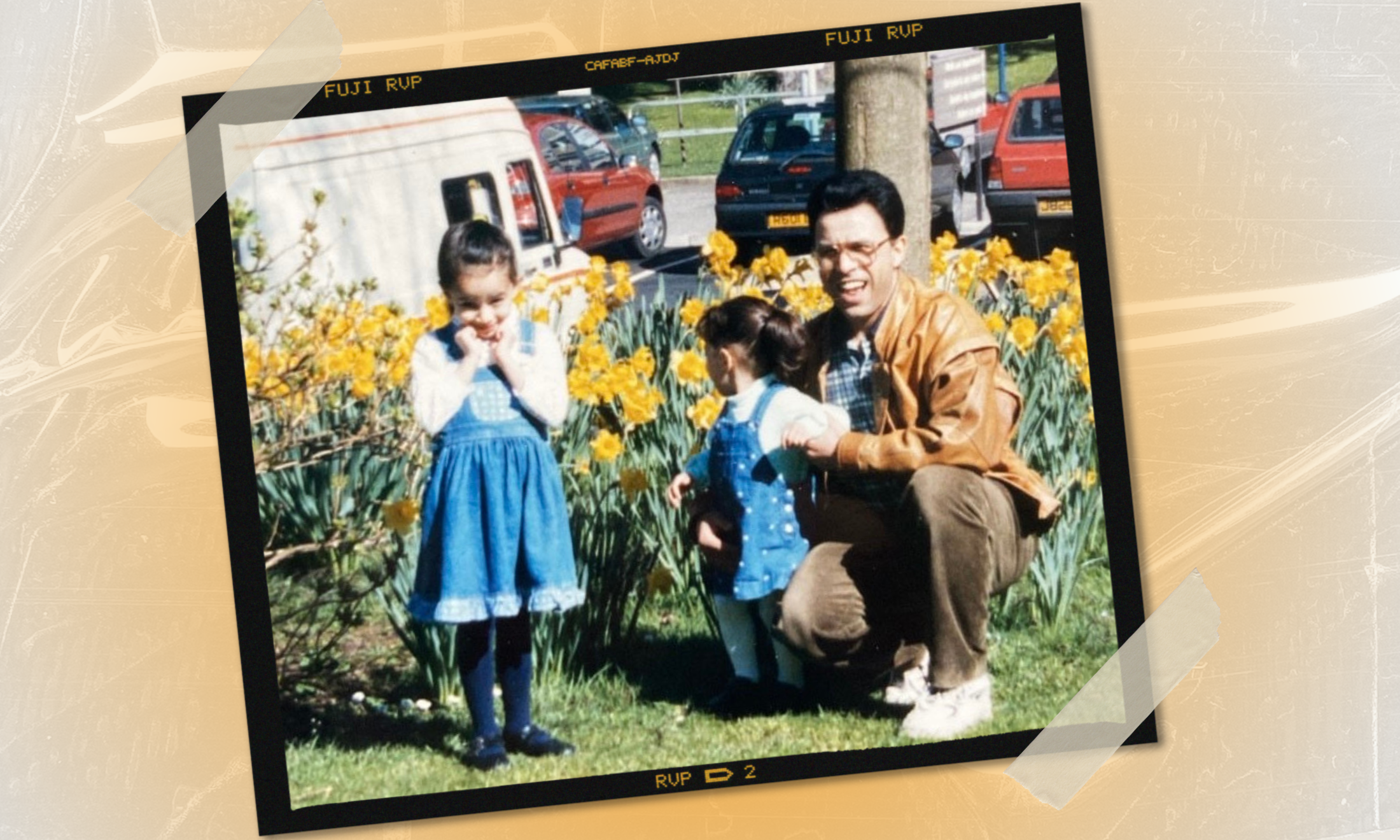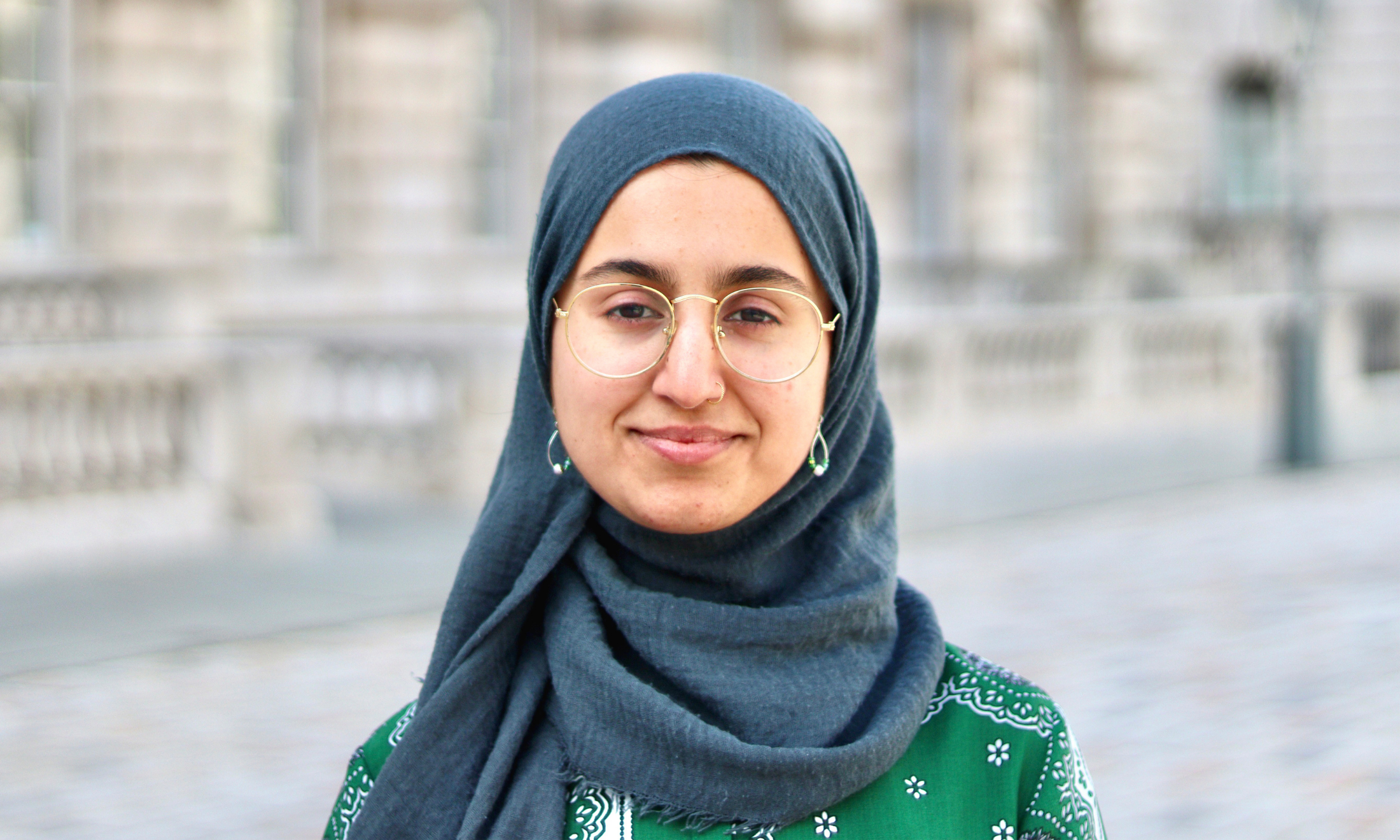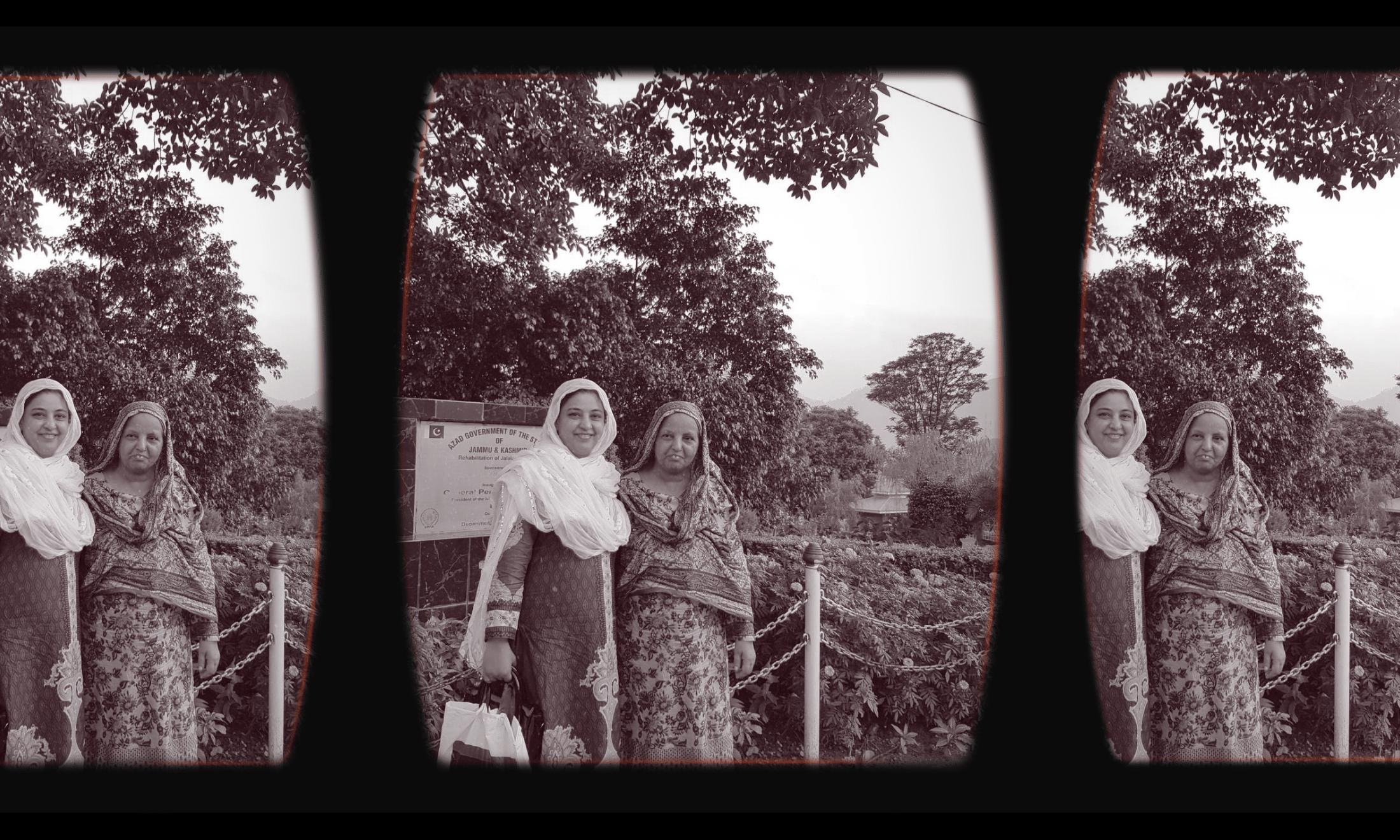
Image via Unsplash/Thomas Charters
When I told a white non-Muslim friend that I used to be veiled, I was met with a blank stare. He only understood what I meant when I said, “I used to wear the hijab.” In my predominantly Muslim country, we always refer to it as “the veil” when we are speaking in English, so I wondered why then did an English man not understand this English word?
Last year I attended a panel on the politics of the Arabic language that helped me to answer this question. The speakers included a lecturer, a translator and a researcher who were all saying the same thing: that Arabic is being misused and those who do not speak it rarely understand the full political and historical implications of this. The examples given ranged from misleading translations of official treaties and political statements to the selective Arabic words and phrases taught to trainees in Western security apparatuses. To understand the complexities of the Arab world in an international context, speaking only English or Arabic meant that you were only receiving half the story.
“Western media outlets chose to write very average run-of-the-mill words in Arabic to their “foreignness””
Up until that point, I had understood that Western media outlets specifically chose to write very average run-of-the-mill words in Arabic to highlight the subject matter’s foreignness (eg. school/madrasa, veil/hijab etc.). This panel discussion gave me a deeper understanding of its political ramifications and confirmed my suspicion that the Arabic language was being intentionally weaponised to demonise Arabic speaking and Muslim countries.
At this point, it is essential to differentiate between Arabic speaking countries (which are almost always Muslim majority) and non-Arabic speaking Muslim countries. The reason is that while the word “madrasa” means any school in an Arabic speaking country, it is only used to refer to Islamic schools in non-Arabic speaking countries. In a post-9/11 world, this word came to infer alleged “breeding grounds” for future terrorists, at least in the English speaking use of the word. It is very confusing for an Arabic speaker to hear this word used in any context other than a casual “how was school today?”
A similar thing happened with the words “jihad”, “mujtahid” and “mujahideen”. All these words have the same root – “juhd” – meaning effort, and a student who is “mujtahid” is simply making a good effort. The word jihad itself does have a rich variety of meanings within Islamic teachings but for a word that has been around for thousands of years, there’s a particular reason people in the Western world have recently become very familiar with it. It wasn’t until the invasion of Afghanistan by the Soviet Union in 1979 that there was an interest in the “mujahideen”. And in the West’s scramble to find a new enemy in the aftermath of the Cold War, the Muslim world and “jihad” became the targets of choice. Since then, this entire branch of the language has been tied to and constricted by these forced associations with religious extremism and acts of terrorism.
“What compounds this problem is the language’s underrepresentation on a global scale”
What compounds this problem is the language’s underrepresentation on a global scale. Arabic is the fifth most spoken language in the world but contributes only 0.6% of content on the Internet. Due to its complexity and diversity of dialects, it is mostly used by native speakers and only one in five people who try to learn it go on to take advanced classes. This makes it more vulnerable to media priming and framing – the idea that the media can set interpretative filters and associations by choosing what to focus on and how it is portrayed. This means when a reader sees an Arabic sounding word written in Italics on the page of a newspaper, years of exposure to negative content about the language/religion/culture will trigger them into either being afraid of this “other” or accepting that it is something dangerous that should be eradicated.
Putting this in the context of the recent surge of Islamophobia in the UK, where women are being disproportionately targeted, the word “hijab” is almost dangerous (depending of course on who is using it and to what end). Assuming these hate crimes are in response to terrorist attacks and the rise of the far right, it would make more sense for these bigots to target Muslim men, but ultimately Muslim women are more visible and seemingly easier to shout abuse at in the street. They have been labelled and associated with the “hijab” – the West’s easiest marker of what a Muslim looks like.
A veil is something universal, a bride can wear a veil on her wedding day, traditional Christian women will wear a veil to church, in some West African tribes it is the men who wear a veil. But a “hijab” is reserved for “oppressed Muslim women”. So if the English word for it exists, why not use it? The answer is to create a strong line of division, to create the impression that these ideas are foreign and cannot be translated into “civilised” English.








